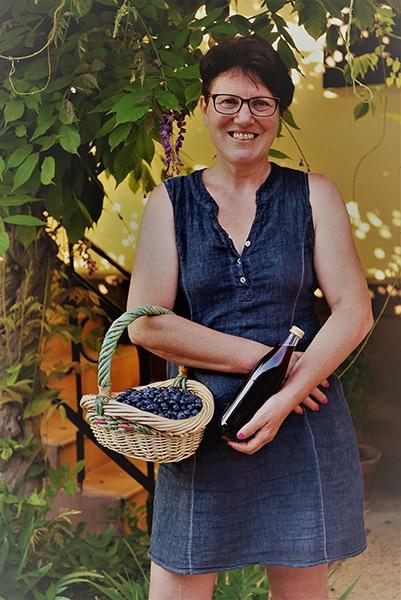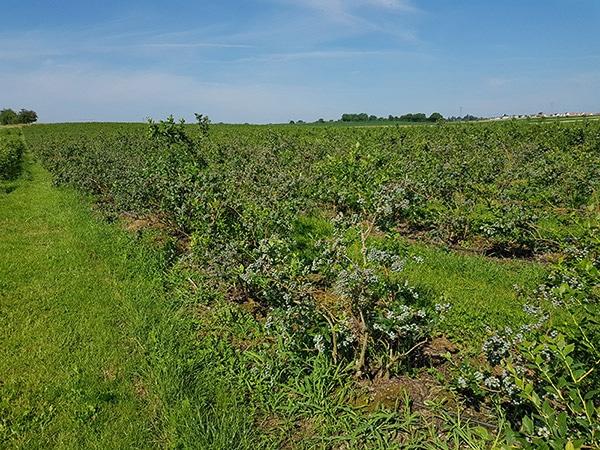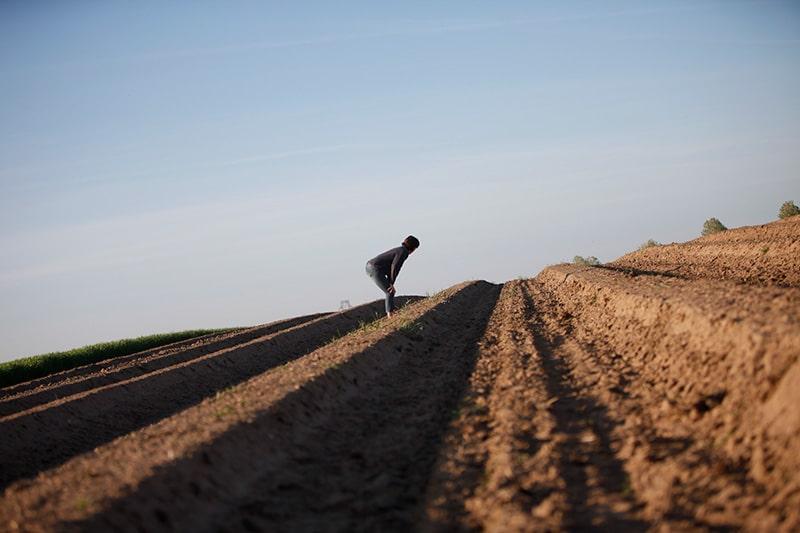The History of Brandt Arbogast Farm
Agnès Brandt presents Brandt Arbogast Farm in Harthouse
In 1996, my father decided to retire as a farmer.
On his farm, milk, cereals and asparagus were mainly produced.
After careful consideration and my husband’s support, I took over the family farm. It was necessary to reorganize the entire activity. The stables were transformed into stables to accomodate horse stabling facilities.
The adventure was about to begin, but I still had to work out some details…
How would I develop my business ? Until, one day, I came accross blueberries ! This red fruit got a hold on me right away.

I opted for ” cultivated ” blueberries.
In 1998, I planted my first shrubs : blueberries. 3 varieties of blueberries at the outset. Nowadays, we have 9 varieties of blueberries growing and indeed they are not wild blueberries or brimbelles but “cultivated” blueberries.
As demand increased, the plantation expanded. More and more people are seeing the virtues of blueberry : low calorie, vitamin intake, especially C – E and its various culinary uses.
We have added other red fruits such as currants, blackcurrants, blackberries and raspberries.
We have therefore decided to specialize in the production of other red fruits : blackcurrants, currants, blackberies and raspberries but these red fruits are summer season products ?


We market our asparagus production directly at the farm or at local market from Strasbourg-Neudorf in 1Kg bunches, 1/2 bunches, short asparagus, asparagus tips, …
The harvest is done manually. Only minimal technical assistance is possible for the transport of the baskets and the lifting of the mulch to protect the mounds. It is always the human eye that detects asparagus. This production is labour-intensive. This is why I have developed the valorization of our asparagus crop: 1st choice, 2nd choice, …
Spring and summer are busy. But how do I occupy the days in the winter ? So I decided to develop my stalls at the markets about 10 years ago.
First of all, with the help of Grandma Angèle, I made jams and then added blueberry muffins,… Then we started making soups, the good soups used to make our grandmothers : split pea, mushroom soup, vegetable…
Supply and demand at the markets have changed. As time went by the farm invested in equipment : a kitchen, a laboratory, 2 “smoke” rooms, a sales outlet… and we are not finished yet.
The kitchen team consists of a master butcher and caterer Patess who is passionate about his job. He is supported in the kitchen by a pastry chef and a clerk in the daily or weekly production of ready-made meals, soups, pies, tarts and quiches.
Salting has no secrets for him. Smoked bacon, smoked ham,… Everything is a labour of love through the Christmas ” bredele “. During the holidays, they make foie gras, snail croustade,… and many other delicious and festive dishes.
The sales at the Covered Market or the Market Hall of Strasbourg Neudorf are carried out by 2 different motivated teams. The market is open on Tuesday and Saturday mornings.
At the farm sales point, the sales team will be happy to serve you. The opening hours vary according to the season: summer or winter.
In 2 decades, the farm has changed. When I took over the farm, I was alone, but for a few years now, my husband Cédric has joined me, supported by a farm worker.
The future of the farm seems to be secured by the arrival of our two children.
In 2020, the Wendling Claude farm in Durrenbach/Morsbronn-les-Bains was transferred to the Brandt Arbogast farm.
Claude Wendling has accompanied the Brandt farm in this transfer until his retirement.
The Brandt farm is specialised in the production of asparagus, various varieties and wishes to develop the farm shop by selling homemade products, local specialities, by realizing a partnership of sale with the farms of the surroundings.
The ecology/economy
The "good gestures" practiced / to be practiced at the farm, at the markets and in the shops :
- Return empty egg cartons
- Bring back empty and clean yoghurt pots
- Bring back empty and clean jam jars (only from the farm) (without the lid)
- Take your containers to the olive bar
- Put your fruit and vegetables in a basket or a reusable and washable cloth bag, avoid disposable bags
- Prefer a pack of 4 slices of ham to 2 x 2 slices = 1 less plastic packaging !
In addition to the benefits for the environment, these gestures limit the impact of price increases on packaging in our shops, by reducing the amount of packaging to be purchased.
How to be thrifty at the farm ?
- Take advantage of our very advantageous loyalty card
- Order your anti-waste baskets via the Too Good Too Go application (value 15,- €, sold 5,- €)
- Take advantage of discounts on products with a short shelf life : up to 50% off !
- Take advantage of the special offers - every month, a new offer/promotion is proposed (on a fruit, a vegetable, potatoes, eggs : the essentials of our kitchens)
